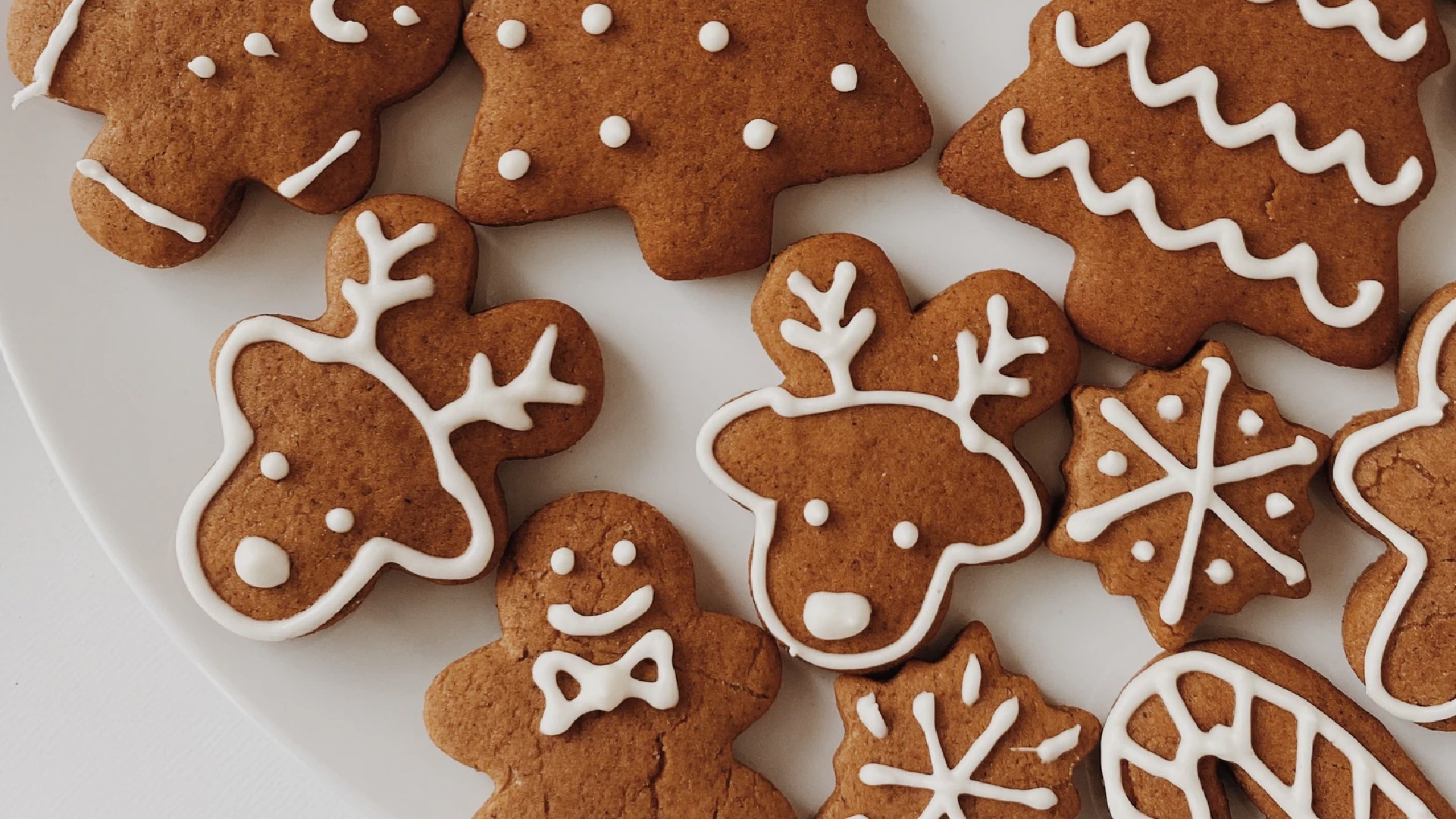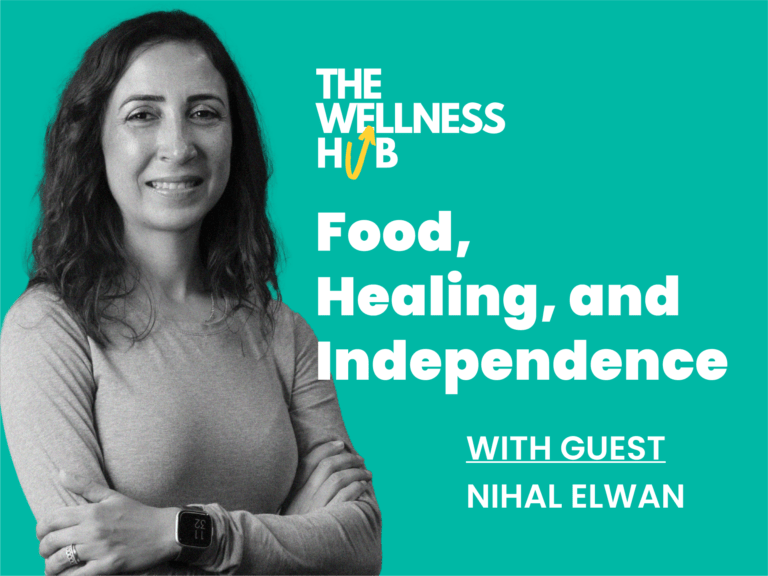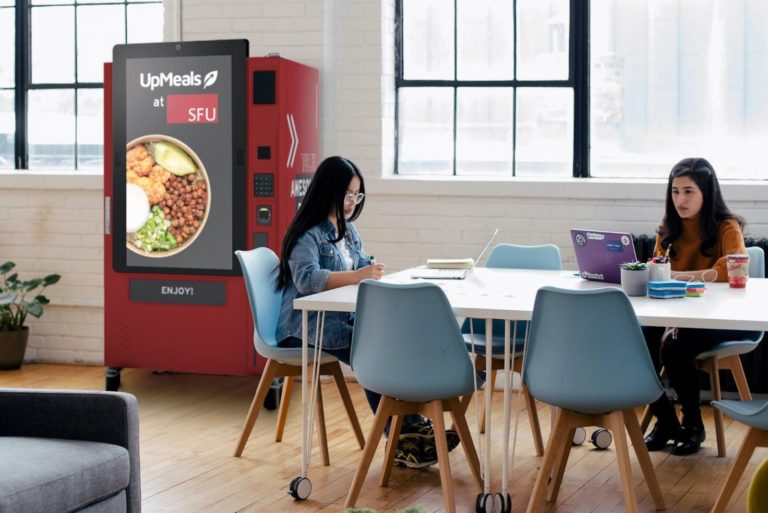Have you ever wondered why a home-cooked meal makes you feel so good?
People across cultures have used food for centuries as more than simply a way to fuel their bodies. It is a source of reunion, celebration, connection, and community building. Food has an emotional and cultural value regardless of what culture you look at. This is why people offer food at celebrations like weddings and baby showers, take food to those in mourning and grief, and send food care packages to family and friends when they are sick or living far from home.
Nine times out of ten food plays a very special role in special gatherings and events throughout the year and the holidays are no different. Whether it is a Christmas dinner at home, a potluck at a friend’s, a special lunch at work, or a box of treats sent from family back home, food always seems to make an appearance everywhere in the holidays.
So, since we are nearing the holiday season let’s dive a little bit deeper into why food seems to be such an important part of the holiday celebrations and why food is a way to show love and care.
1. Food is the most nurturing gift you can offer
Think of a time when you were there for a person who was sick or going through a hard time. Did you bring them food, cook them a meal, or order the best comfort takeout you could think of? Or think of a time when you were feeling sick or low. Did someone comfort you with a nourishing meal?
We go through great efforts to make sure our kids take a good lunch to school and that our partners eat their breakfast before work. We try to treat our parents to dinner every once in a while. We invite a date over to cook them a romantic dinner, we take our friends out for coffee to catch up, and we gather around food to watch a game.
But why do we put so much time and effort into food?
Because food, at its very core, is the most nurturing gift you can offer. It literally keeps us alive and healthy. So offering food to others ultimately is an act of love.
We normally (and ideally) spend the holidays with people we love. Whether it is our family, a group of close friends, or a combination of both. We sit and share a meal together. Normally everyone brings something or helps in some way to put the feast together, and we enjoy all sorts of traits and dishes that someone has prepared or offered with care.
Ultimately by preparing, offering, and sharing the food we show each other that we care.
2. Food creates connection
Since eating and enjoying food is a common experience for every human being, we can all relate to the joy of experiencing a delicious meal. Relatable experiences allow us to feel empathy and therefore connection to the people we are interacting with.
Traditionally when food was harvested it was shared with those in the community as an offering of care as we saw above, but also as a way to celebrate and come together. A big harvest would yield a big meal to celebrate the end of a season. Many indigenous communities across the world celebrate seasonal harvests by coming together and sharing the food that everyone has worked hard to grow and care for.
This practice can be seen in different versions around the world and even in our modern-day to day life (think of pumpkin and apple picking in the fall with friends, or driving out to a blueberry farm to harvest as much as you can to take home. These are activities that we still seek out and do for fun in the company of those close to us.Sharing time together over dinner (in smaller groups than usual right now) also allows time for plentiful conversation, debate, storytelling, and building memories. These spaces strengthen our relationships with those around us and help us build stronger, healthier communities.
3. Food tells our stories
Food is incredibly intertwined with our cultural and individual identity. Depending on where you’re from, what your beliefs are, and how you grew up, you will think of classic holiday food that reflects your story and your culture.
If you grew up in North America you may think of eggnog and gingerbread. If you’re from Peru maybe spiced hot chocolate. Colombians may think of natilla and buñuelos while a classic Hanukkah dinner in Israel features potato lakes. The list goes on extensively but you get the point, food provides a sense of cultural identity.
These traditional foods from each of our cultures show our collective stories, what food we have access to in our homeland, what traditions have carried over through generations, and what meals make us feel at home.
You can also think of this on a more micro level. Every family has its own secret recipes, its own versions of classic dishes, and its own experimental treats that turned out well and became a family staple. Whether it is a special cinnamon roll recipe that only grandpa has the secret to, or that treat that mom only makes once a year, there is always a story behind our food.
Take a minute to reflect on the stories that come up in your own family recipes. Surely there is one. And if you can’t think of any I dare you to remember a big recipe gone wrong in your family. Yes, that one that someone always has to bring up every year and nobody can forget. There you have it. That is a part of your story.
We show love and tell stories through it and there are all sorts of emotions around it from cultural pride and joy to nostalgia and comfort.
We know that the pandemic has made it more difficult for us to feel connected to each other these past 2 years, but even through difficult times, the feeling of a home-cooked meal for yourself, or for your household, is a great way to practice self care and self love.
Check our gift card options! Wish you a safe and Happy Holidays!





